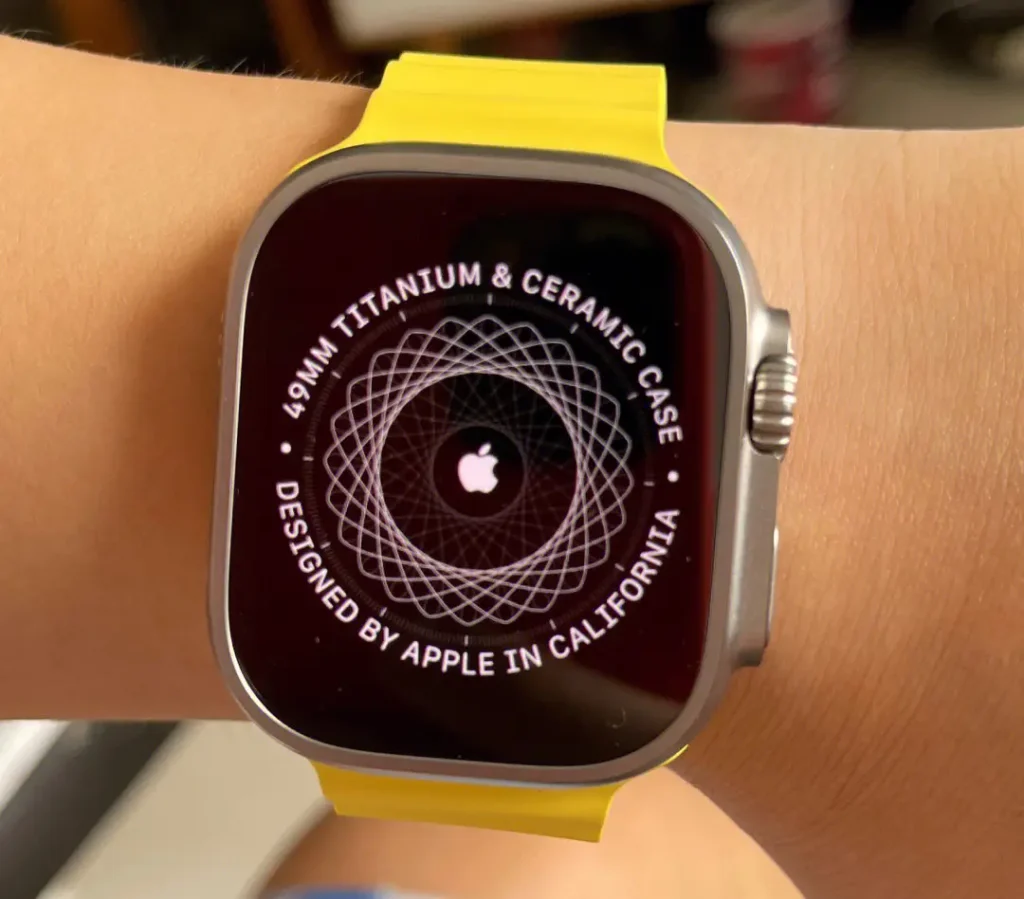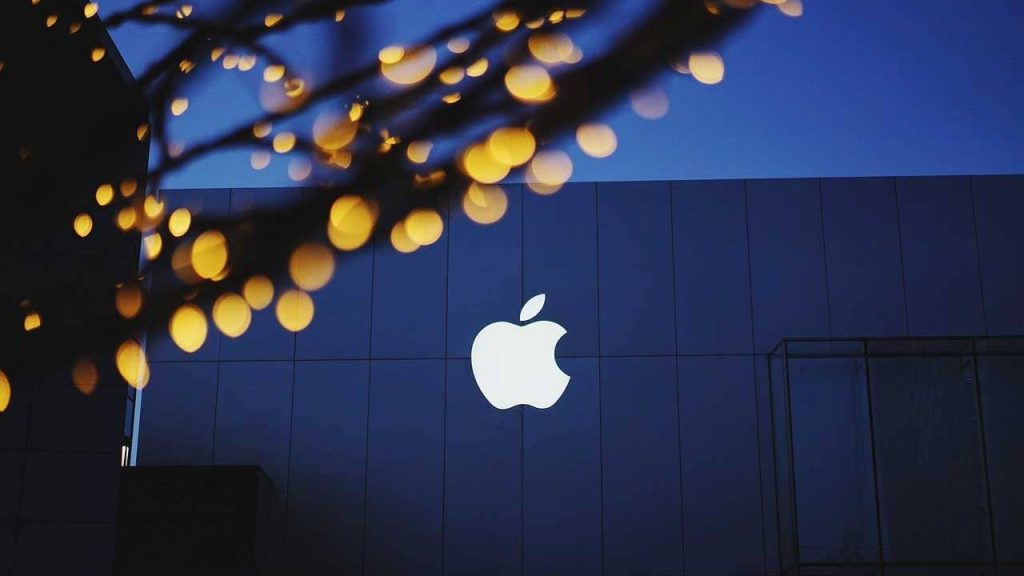The recent news from Cupertino, California regarding the potential suspension of sales for two of the latest Apple Watches has caused concern among consumers and industry experts alike.
According to reports, the Series 9 and Ultra 2 versions of the popular watch will no longer be available for purchase in the United States if the White House does not intervene in an ongoing international patent dispute.
The decision to suspend sales of these Apple Watches stems from an October ruling by the International Trade Commission, which restricted the use of Apple’s Blood Oxygen measurement feature as part of an intellectual property dispute with medical technology company Masimo.
This ruling has put Apple in a difficult position, as the Blood Oxygen measurement feature is a key selling point for these watches and a popular feature among consumers.
The potential suspension of sales for these watches has raised questions about the impact of intellectual property disputes on the tech industry and the role of government intervention in such disputes.
Some argue that the ruling by the International Trade Commission is an example of the need for stronger protections for intellectual property, while others question the validity of such protections and the impact they have on innovation and competition.
Regardless of one’s stance on intellectual property disputes, the potential suspension of sales for these Apple Watches highlights the importance of these devices in our daily lives.
The Apple Watch has become an essential tool for many, providing a range of features that help us stay connected, track our health, and manage our daily routines.
The loss of these features, even temporarily, would be a significant inconvenience for many consumers.
As we await the outcome of this dispute and the potential intervention of the White House, it is important to remember the role that technology plays in our lives and the impact that these disputes can have on our daily routines.
While the outcome of this particular dispute is uncertain, it serves as a reminder of the importance of protecting intellectual property and the need for continued innovation in the tech industry.
The recent decision by the White House to review the ITC order issued on Oct. 26 has sparked a significant amount of debate and controversy.
This decision has had a direct impact on Apple, a major player in the technology industry, and has led to the company pausing sales of two of its models in the U.S.
As a result, there has been a great deal of speculation about the potential implications of this decision and what it means for both Apple and the broader technology sector.
The 60-day review period granted to the White House has raised questions about the potential impact on Apple’s sales during the crucial holiday season.
With Christmas just around the corner, the decision to pause sales early in order to comply with the ITC order has raised concerns about the potential financial implications for the company.
This move has also raised questions about the broader implications for the technology industry as a whole.
In response to the ITC’s sales ban, Apple has made a commitment to take all necessary measures to resume sales of the affected models in the U.S. as soon as possible.
This pledge underscores the company’s determination to overcome the challenges posed by the ITC’s decision and to ensure that its products remain available to consumers in the U.S. market.
The decision by the White House to review the ITC order has also raised questions about the broader implications for the technology industry.
The potential impact on Apple’s sales has led to concerns about the potential ripple effects on other companies in the industry.
There is also speculation about the potential impact on consumer choice and access to innovative technology products.
The outcome of the White House’s review of the ITC order will undoubtedly have far-reaching implications for Apple and the technology industry as a whole.
The company’s ability to resume sales of the affected models in the U.S. will depend on the outcome of this review, and the broader implications for the industry remain to be seen.

In conclusion, the decision by the White House to review the ITC order has sparked a great deal of debate and speculation about the potential implications for Apple and the technology industry.
The company’s decision to pause sales early in order to comply with the ITC order has raised concerns about the potential financial implications for the company and the broader implications for the industry.
The outcome of the White House’s review will undoubtedly have a significant impact on Apple and the technology industry as a whole, and the broader implications of this decision remain to be seen.
It has been confirmed that the Apple Watch SE, a popular wearable device known for its sleek design and advanced features, will continue to be available for purchase in the U.S. after Christmas Eve.
However, it is important to note that this particular model lacks the Blood Oxygen feature, which has become a key selling point for many consumers seeking to monitor their health and wellness.
This news comes following an order from the International Trade Commission (ITC) that prohibits the sale of certain Apple Watch models equipped with the Blood Oxygen feature.
It is worth mentioning that previously purchased Apple Watches with the Blood Oxygen functionality will not be affected by this order, providing reassurance to those who have already invested in this technology.
This development highlights the complexities and challenges that can arise in the technology industry, as companies navigate legal and regulatory issues while striving to meet consumer demand for innovative and cutting-edge products.

It is certainly concerning to see a major company like Apple facing such challenges, especially during the holiday season when sales are typically at their peak.
It is reassuring to hear that Apple is committed to taking all measures necessary to resume sales of the affected Series 9 and Ultra 2 models in the US as soon as possible.
This demonstrates Apple’s dedication to its customers and its willingness to navigate through legal obstacles in order to provide access to their products.
Additionally, it is important to note that the Apple Watch SE, which does not include the Blood Oxygen feature, will continue to be available for purchase in the US after Christmas Eve.
This is a positive development for consumers who may be considering purchasing an Apple Watch during this time.

Furthermore, it is reassuring to know that previously purchased Apple Watches equipped with the Blood Oxygen feature will not be affected by the ITC order.
This ensures that existing customers will not be impacted by the sales ban and can continue to enjoy the full functionality of their devices.
In conclusion, while the patent dispute has led to the temporary halt of sales for certain Apple Watch models in the US, it is encouraging to see Apple’s commitment to resolving the issue and minimizing the impact on consumers.
We look forward to seeing a swift resolution to this matter and the return of all Apple Watch models to the US market.
